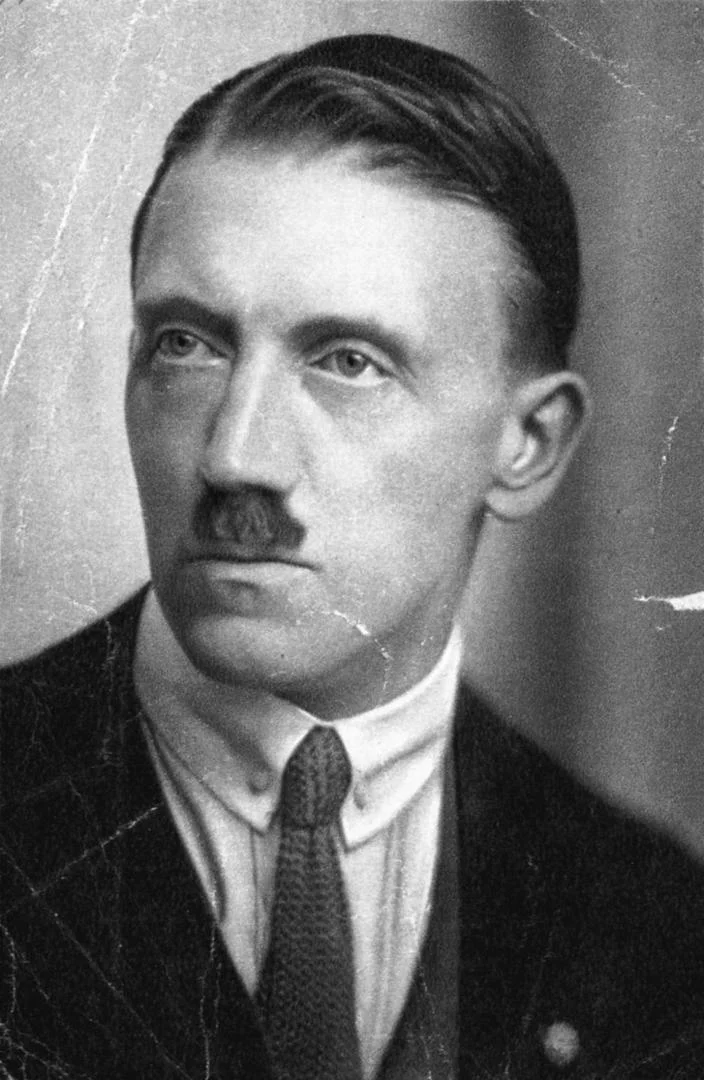“In repressive states, the dark Web has become a haven for political activists. Many journalists use Tor to send and receive information securely, or to communicate with sources. Some users like the fact that dark-Web pages are not subject to the same censorship as the regular Web, where there are limits on what you can say. Other users appreciate Tor because they can avoid offering up their private data to such giant corporations as Google and Facebook. Some legitimate news outlets, including the Times and ProPublica, maintain onion-router pages.”
Read More"Americans have an especially insatiable appetite for Nazi-themed books, films, television shows, documentaries, video games, and comic books. Stories of the Second World War console us with memories of the days before Vietnam, Cambodia, and Iraq, when the United States was the world’s good-hearted superpower, riding to the rescue of a Europe paralyzed by totalitarianism and appeasement. Yet an eerie continuity became visible in the postwar years, as German scientists were imported to America and began working for their former enemies; the resulting technologies of mass destruction exceeded Hitler’s darkest imaginings. The Nazis idolized many aspects of American society: the cult of sport, Hollywood production values, the mythology of the frontier. From boyhood on, Hitler devoured the Westerns of the popular German novelist Karl May."
Read MoreFor a manifesto to succeed, it must speak to our hearts like a poem while infecting the mind with images and ideas that are dazzlingly new. It needs to open our eyes to the true causes of the bewildering, disturbing, exciting changes occurring around us, exposing the possibilities with which our current reality is pregnant. It should make us feel hopelessly inadequate for not having recognised these truths ourselves, and it must lift the curtain on the unsettling realisation that we have been acting as petty accomplices, reproducing a dead-end past. Lastly, it needs to have the power of a Beethoven symphony, urging us to become agents of a future that ends unnecessary mass suffering and to inspire humanity to realise its potential for authentic freedom.
Read More"As soon as the planes had passed, Mrs. Nakamura started back with her children. They reached home a little after two-thirty and she immediately turned on the radio, which, to her distress, was just then broadcasting a fresh warning. When she looked at the children and saw how tired they were, and when she thought of the number of trips they had made in past weeks, all to no purpose, to the East Parade Ground, she decided that in spite of the instructions on the radio, she simply could not face starting out all over again. She put the children in their bedrolls on the floor, lay down herself at three o’clock, and fell asleep at once, so soundly that when planes passed over later, she did not waken to their sound."
Read More"On October 26, 1914, the ship—a hundred-and-forty-foot wooden schooner rechristened the Endurance, after Shackleton’s family motto—set out from Argentina, carrying the men and three lifeboats. Ten days later, the expedition stopped at South Georgia, a glacier-covered island about eleven hundred miles east of Cape Horn, Chile, which Shackleton called “the Gateway to the Antarctic.” The island, deserted except for a few whaling stations, was the explorers’ last contact with civilization.
Read More



